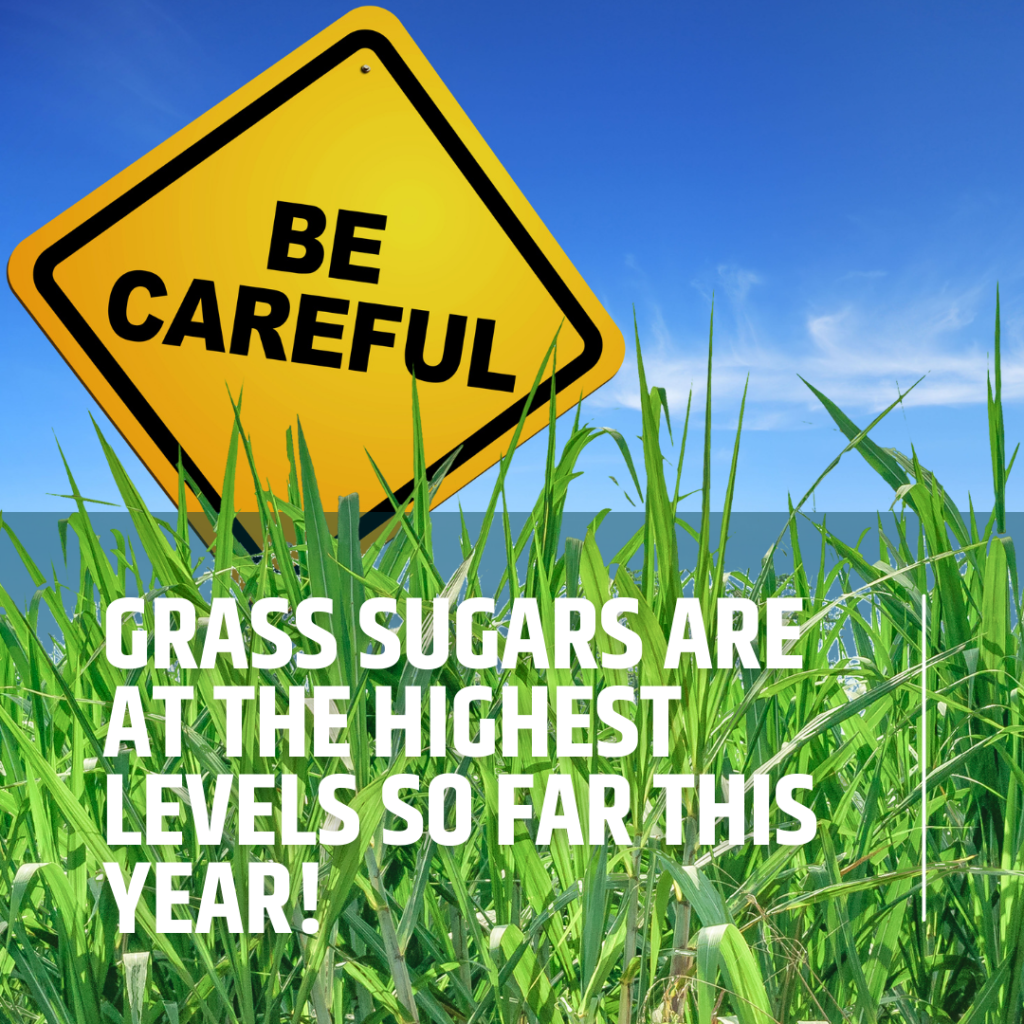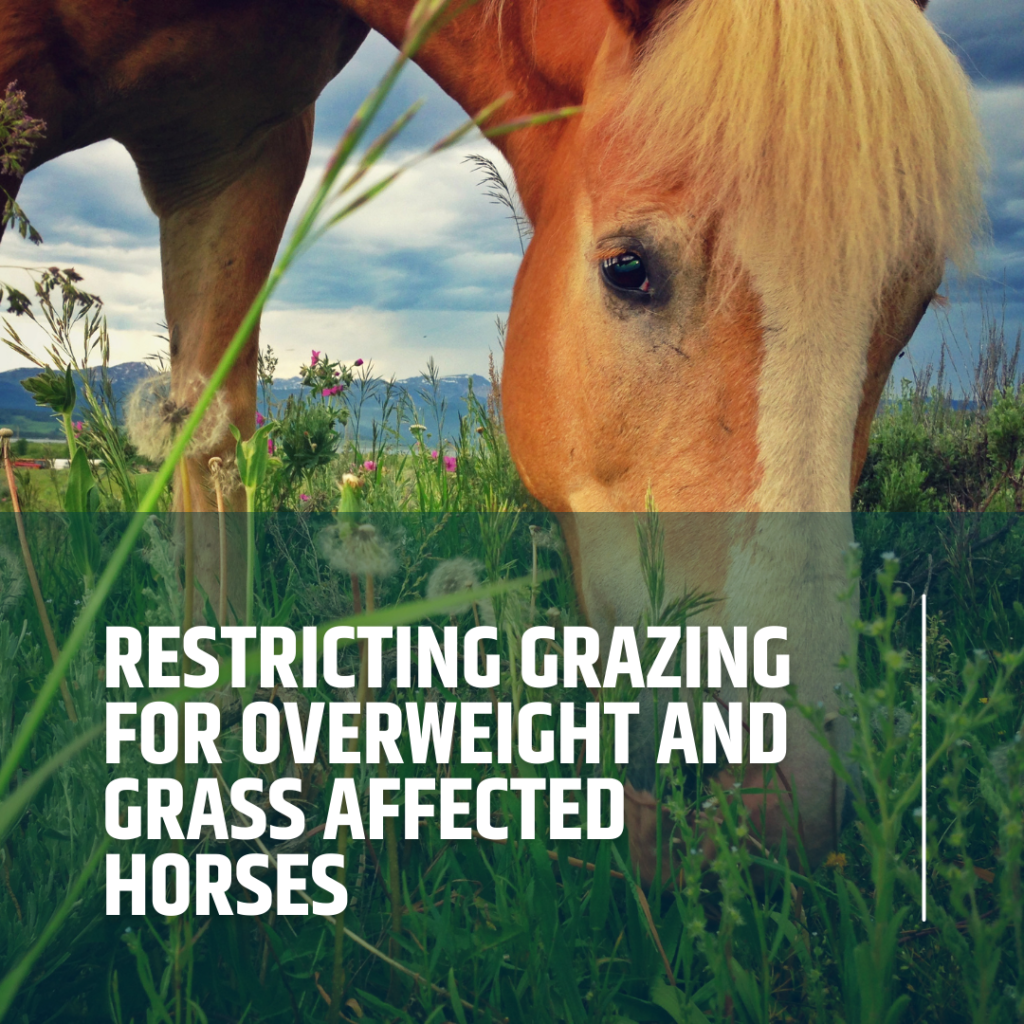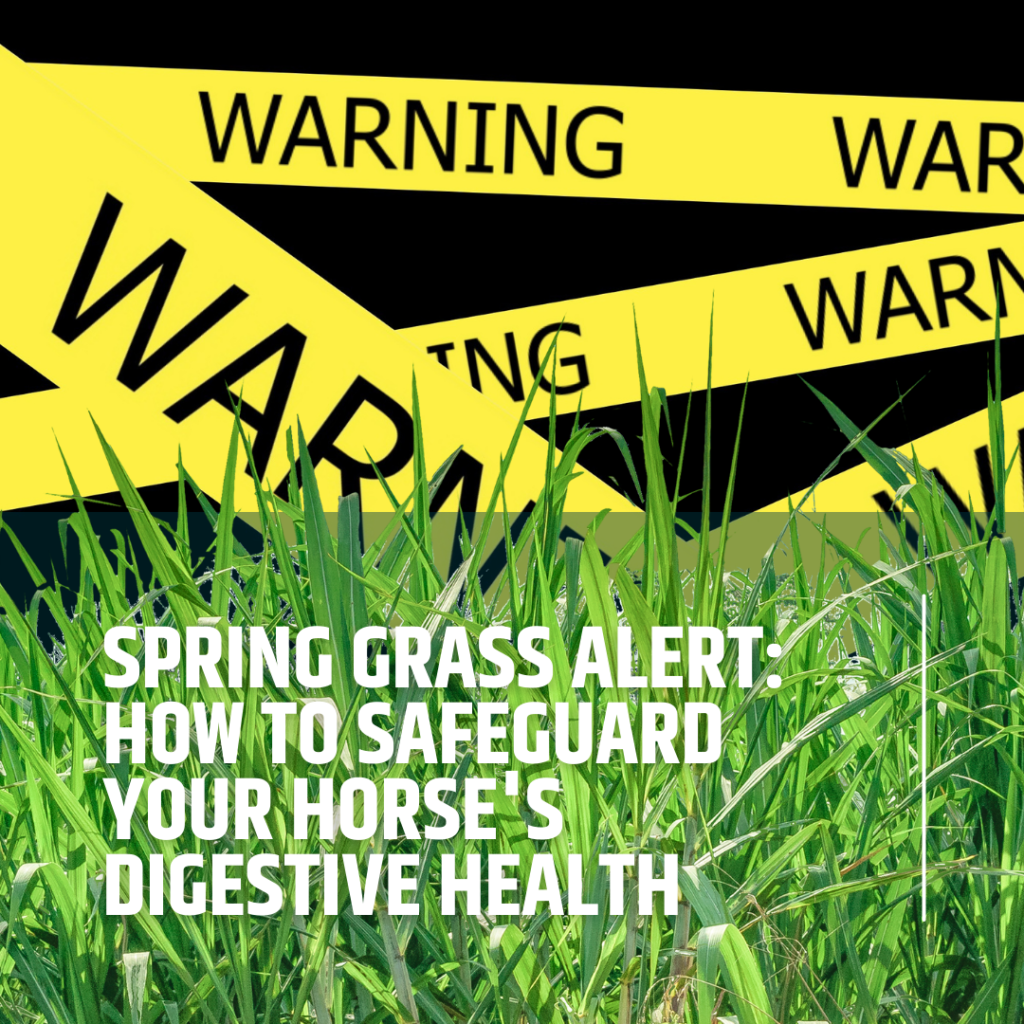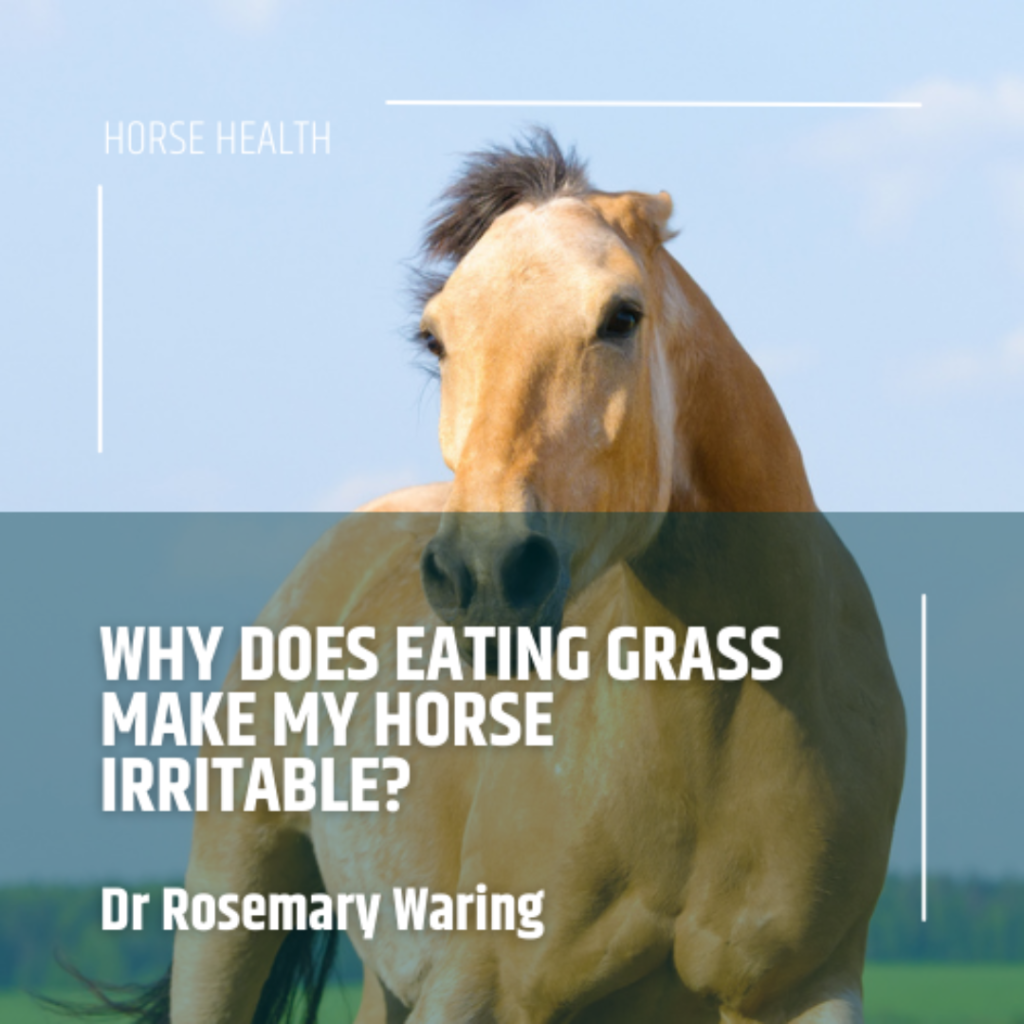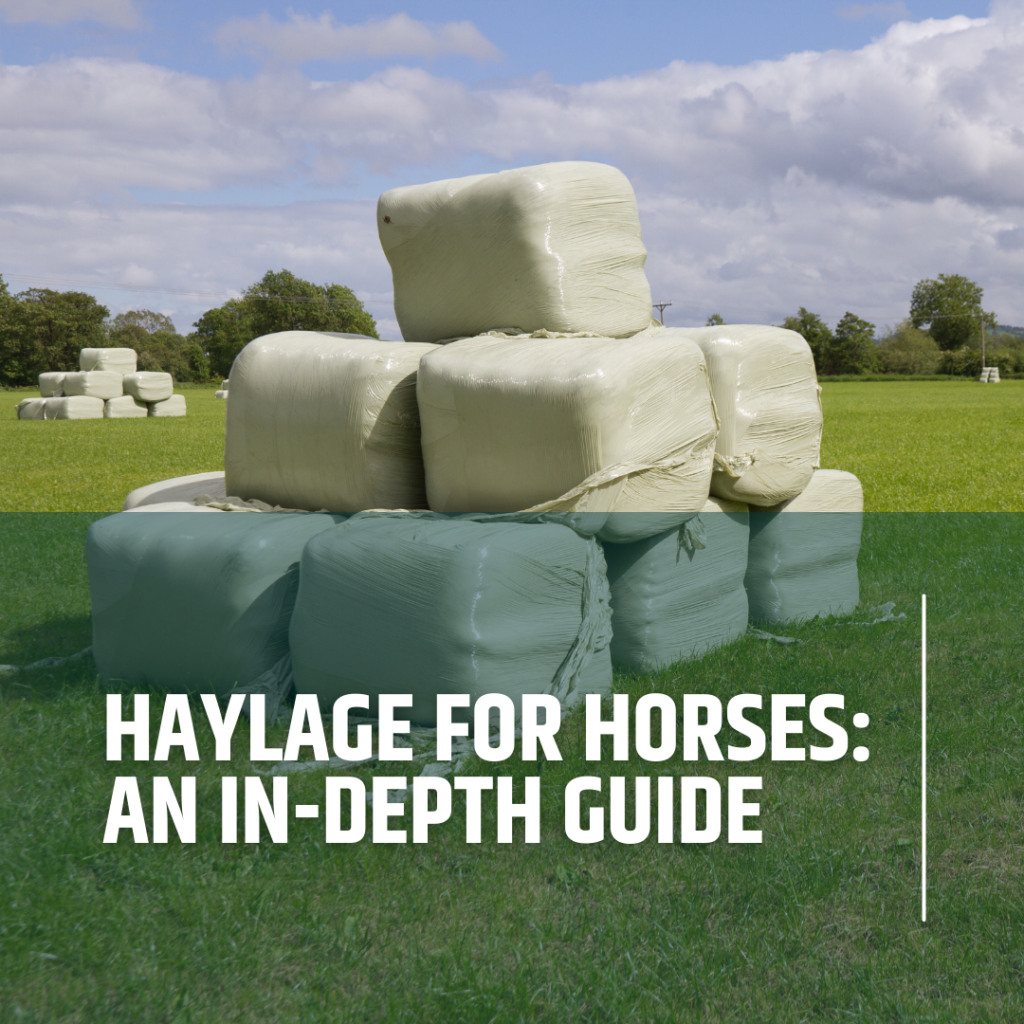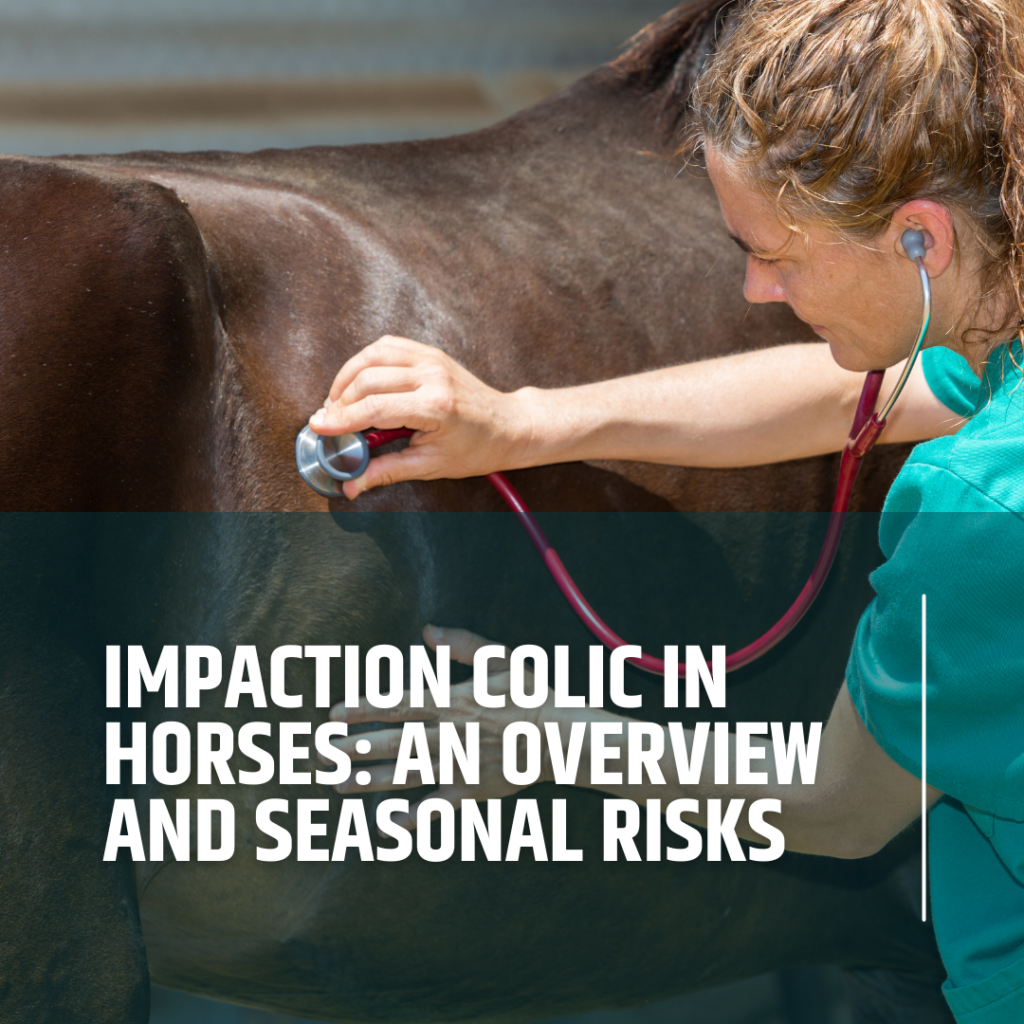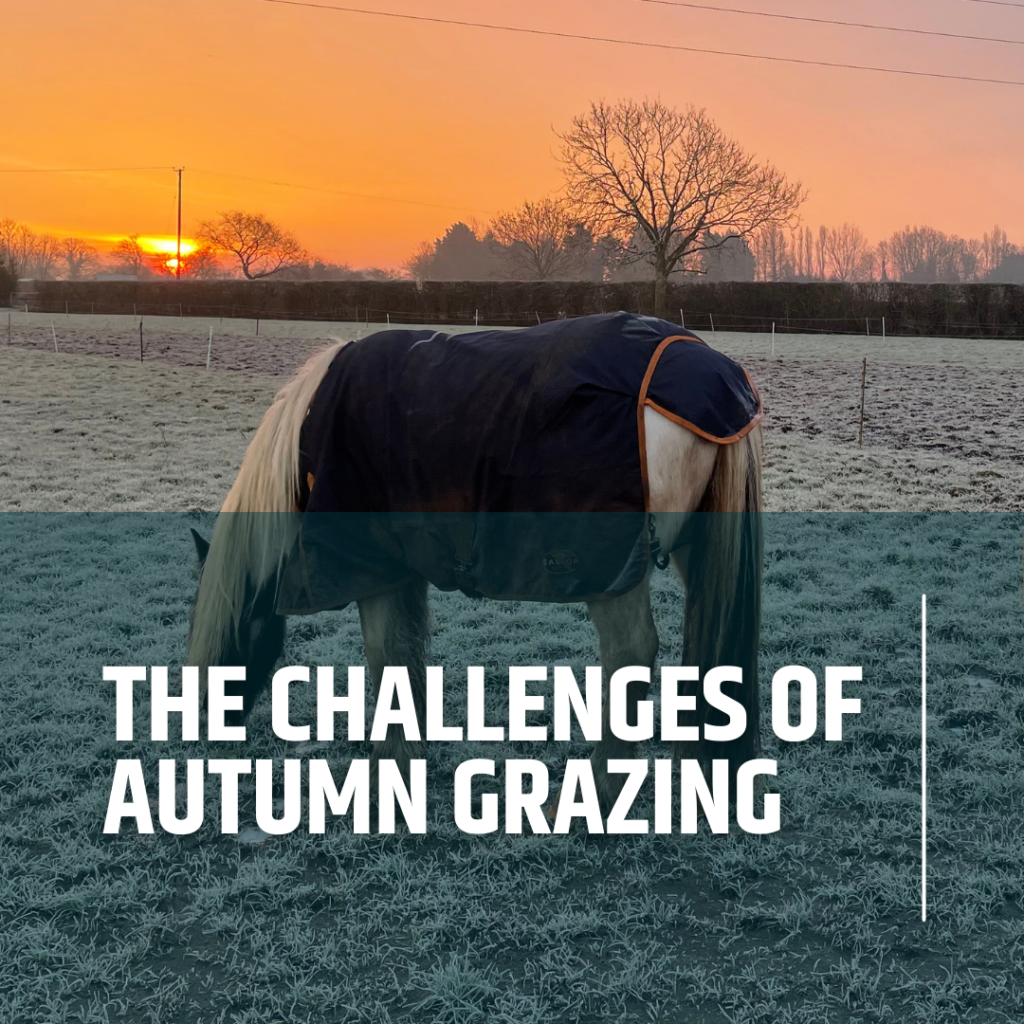Field Study – Investigating the impacts of EquiNectar on British Army horses
EquiNectar Science Field Study – Investigating the impacts of EquiNectar on British Army horses At Tharos, we’re committed to improving animal gut health through innovative nutrition and optimising the gut microbiome. Today, we’re excited to share promising results from a recent field study on our flagship product, EquiNectar®, in managing gastrointestinal diseases in horses. The […]
Field Study – Investigating the impacts of EquiNectar on British Army horses Read More »



